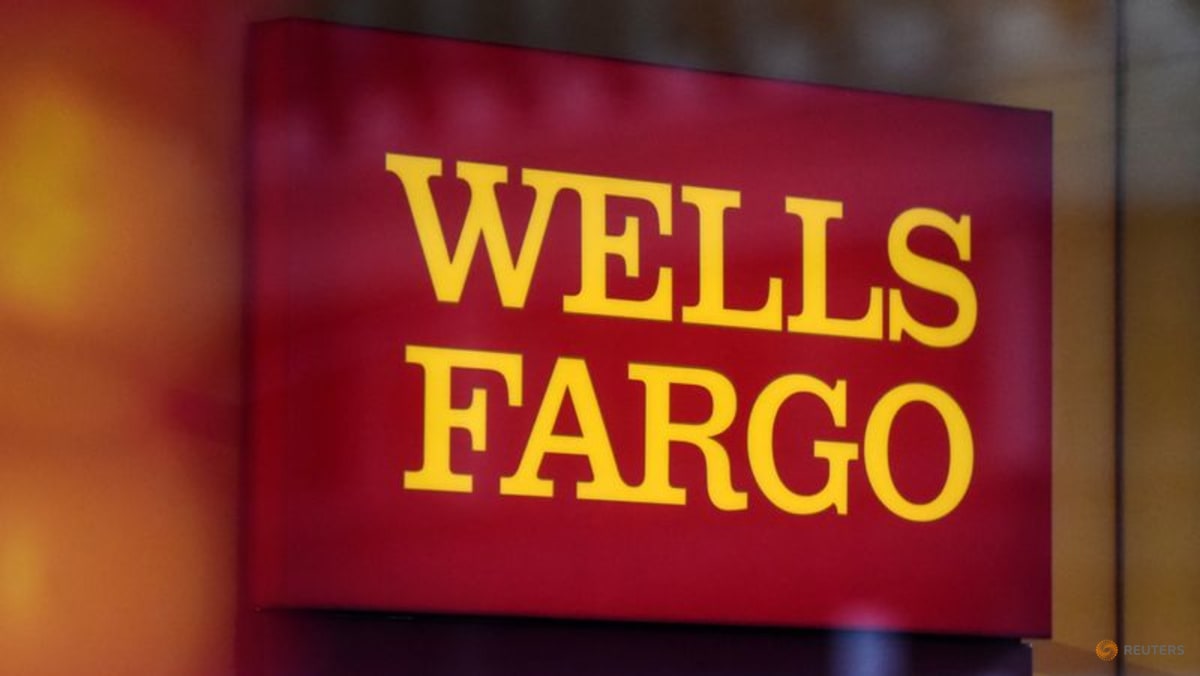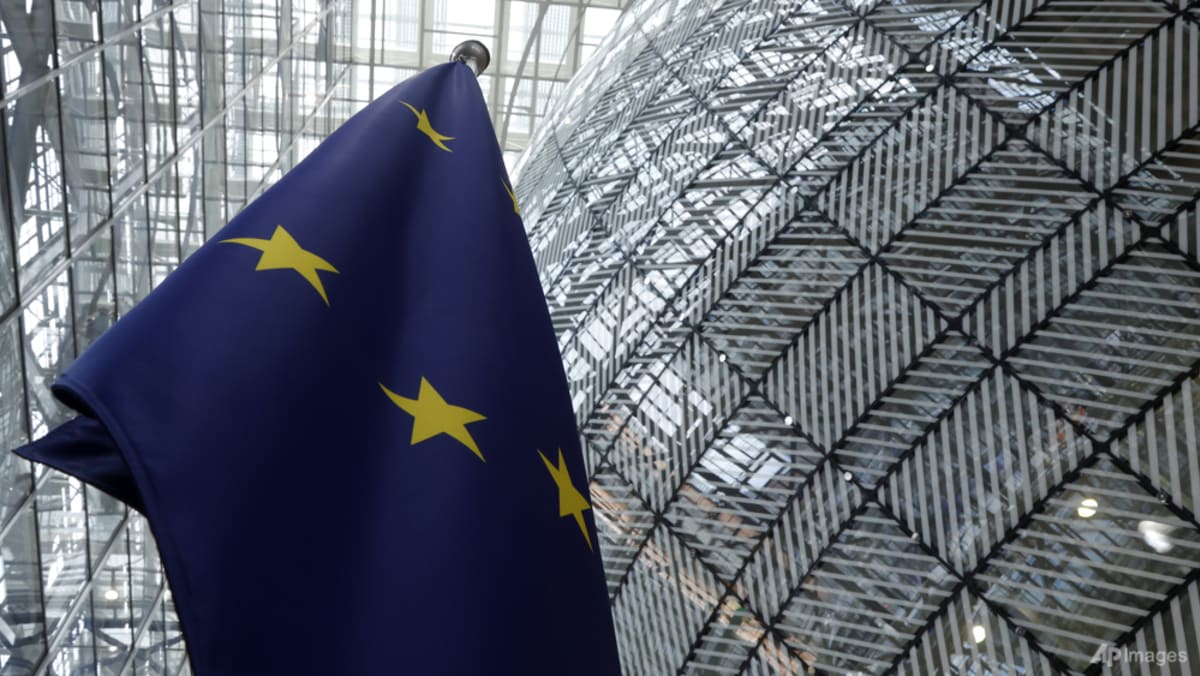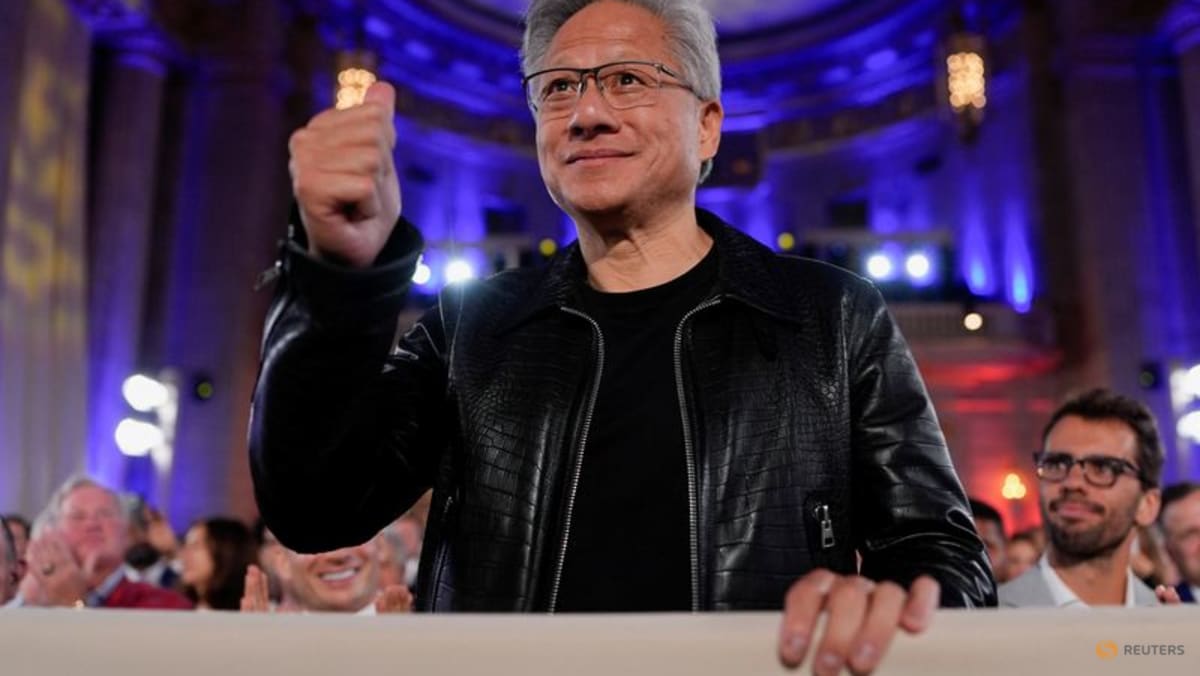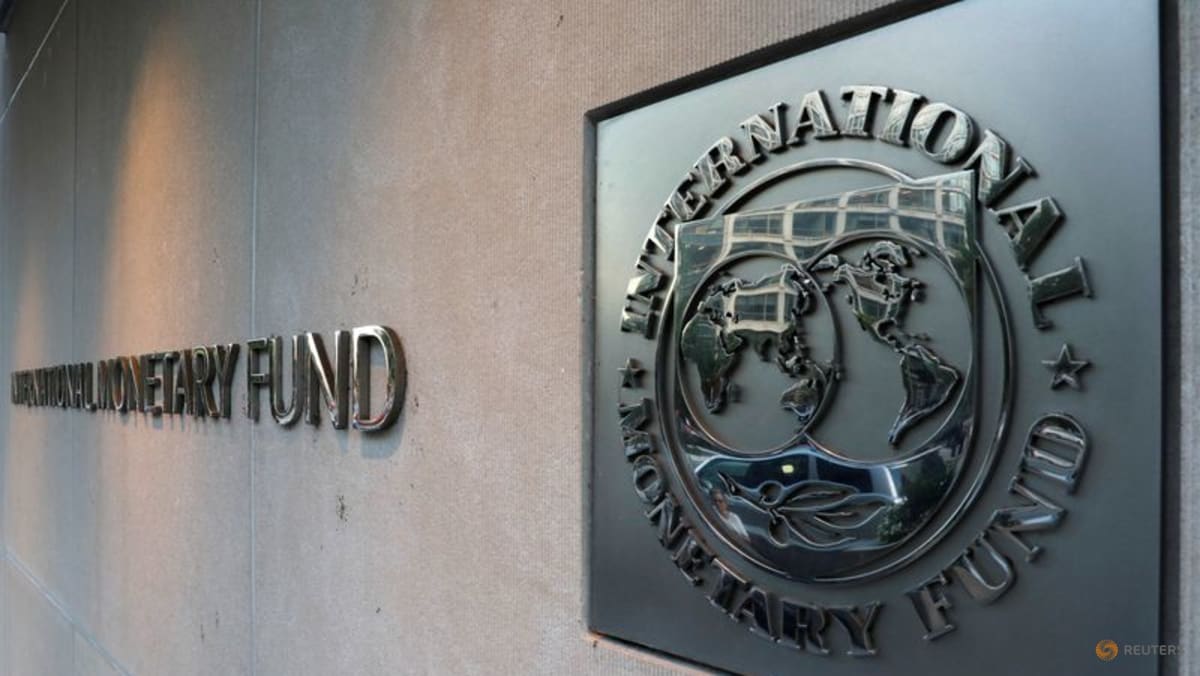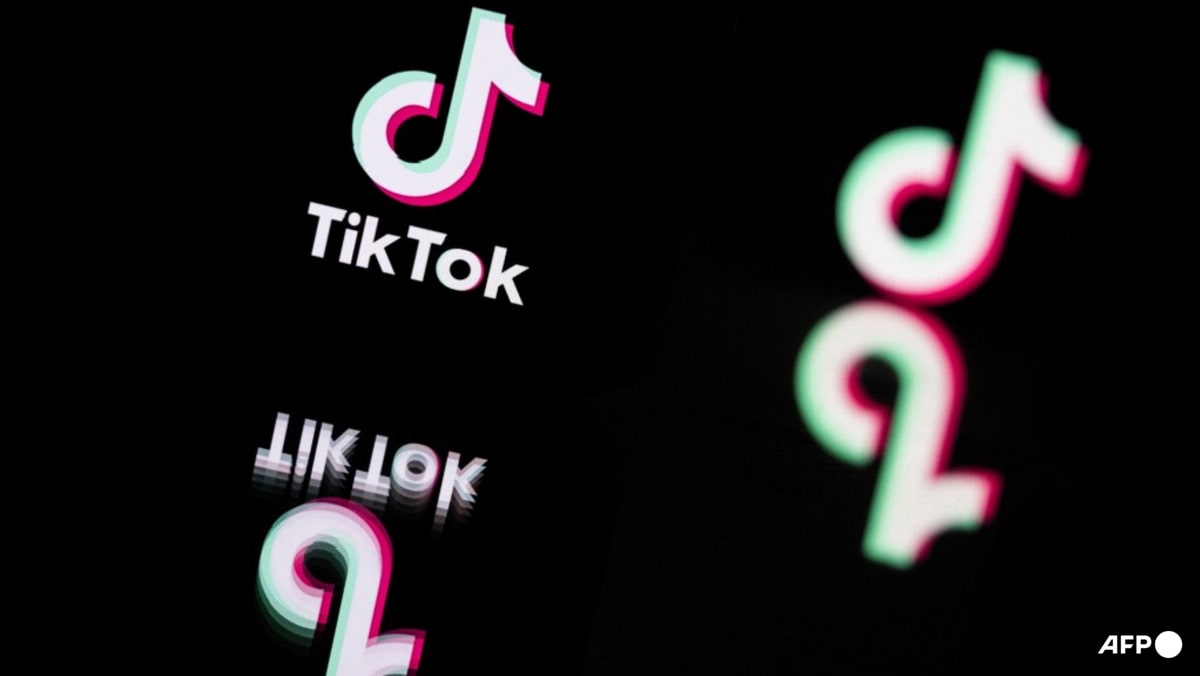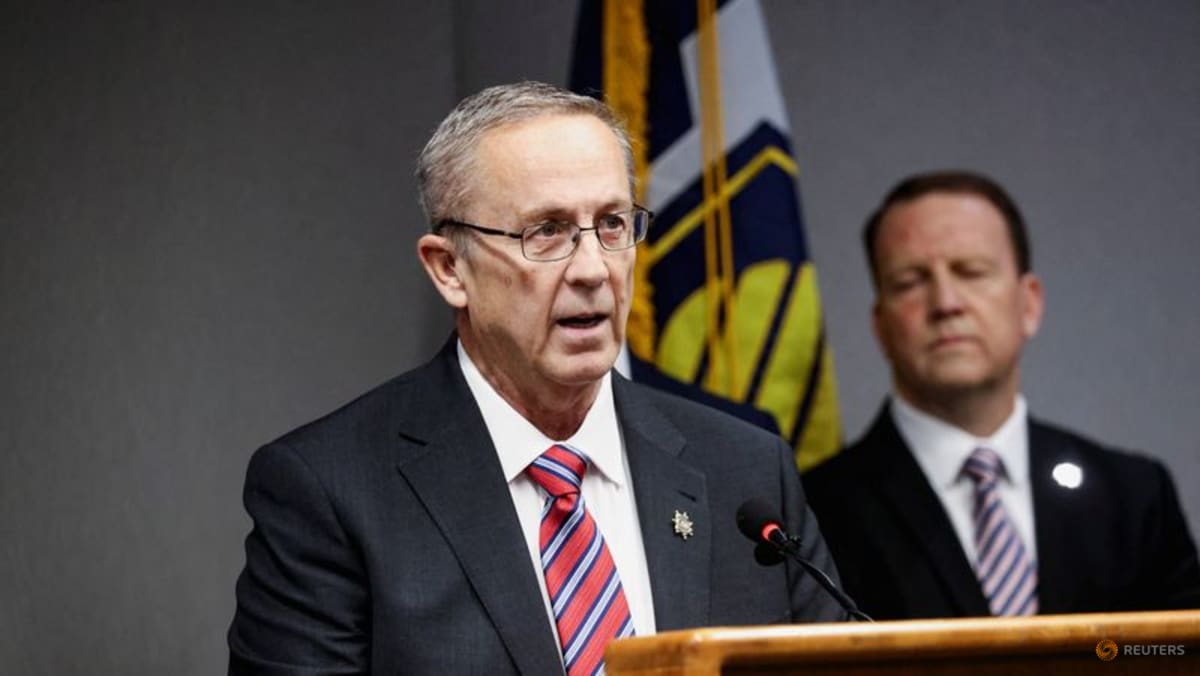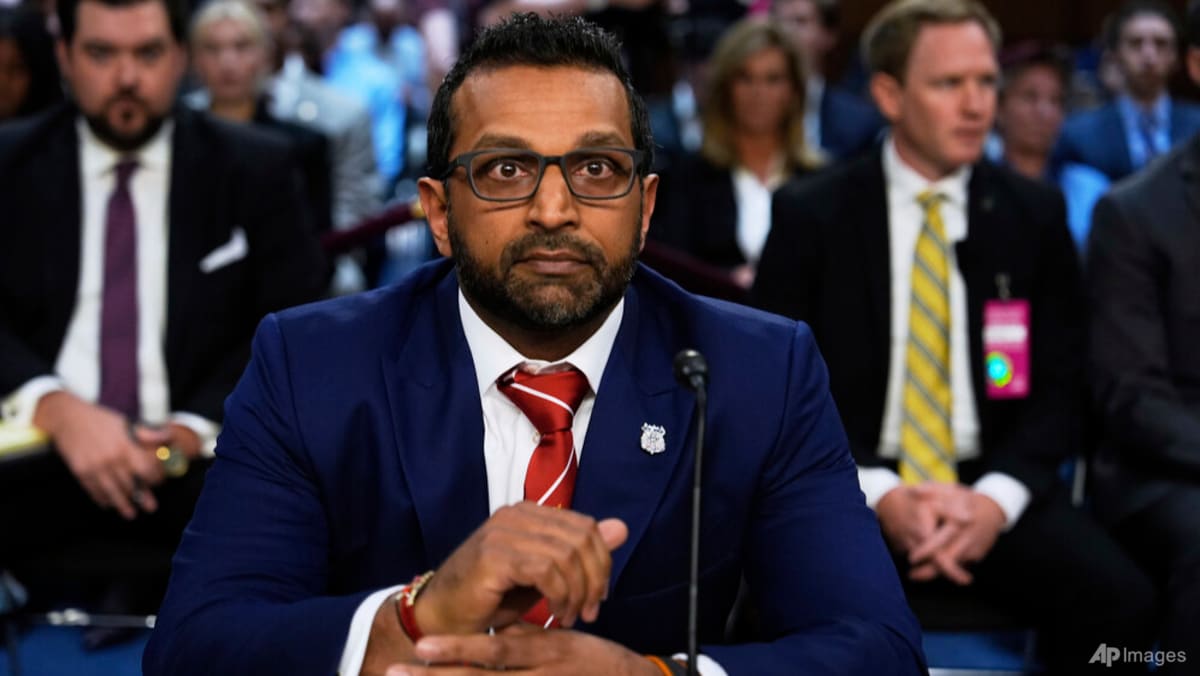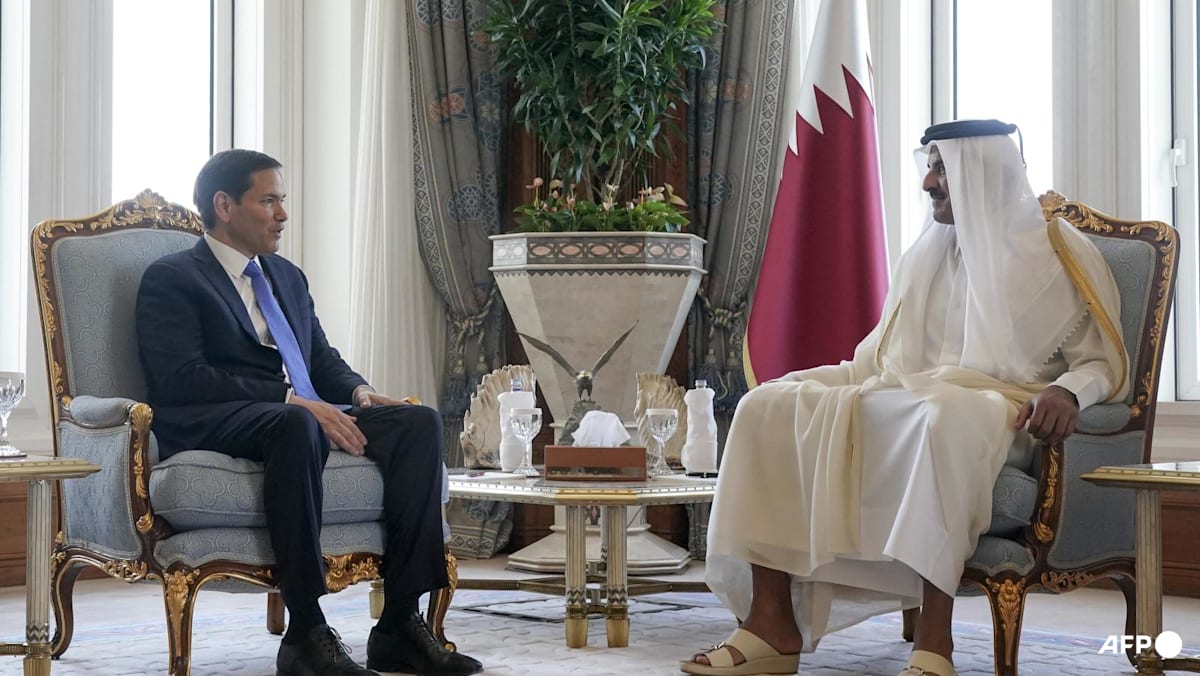KEEPING CALM
Unlike Canada or China, which hit back swiftly at Trump’s tariff hikes, the EU has consistently sought to negotiate with the US leader – threatening retaliation only if no agreement is reached.
“We will not allow ourselves to be provoked, we will remain calm,” said Belgian Prime Minister Bart De Wever, urging the EU to avert an all-out trade war with Washington.
“We are negotiating and we hope to reach an agreement”, but “if this is not the case, we will obviously adopt countermeasures”, he warned.
Speaking at NATO’s summit in The Hague on Wednesday, French President Emmanuel Macron said a trade war among alliance partners “makes no sense” at a time when they are pledging to spend more on their common defence.
“We can’t say to each other, among allies, we need to spend more … and wage trade war against one another,” Macron said.
Talks between EU and US negotiators have intensified in recent weeks.
“The problem is that on behalf of the US, we have a heavyweight dealmaker – on our side, EU, have light capacity and capability leaders to negotiate,” said Hungarian Prime Minister Viktor Orban.
Trump divides the Europeans. Orban and Italian Prime Minister Giorgia Meloni are both vocally supportive of Trump – while others are more wary.
Meloni on Wednesday declared herself “quite optimistic” about reaching a deal and echoed Macron, albeit in a softer manner, saying spending more on defence among NATO allies went hand in hand with avoiding trade spats.
Pro-trade countries in Europe’s north are especially keen to avoid an escalation.
The EU has threatened to slap tariffs on US goods worth around €100 billion, including cars and planes, if talks fail to yield an agreement – but has not made any mention of those threats since May.
The US is also using the negotiations to try to extract concessions on EU rules, particularly digital competition, content and AI regulations, which Washington claims unfairly target American champions such as Apple, Google and Meta.
Europeans are ready to discuss common transatlantic standards, but the EU’s digital rules are a red line for Brussels.
“The sovereignty of the decision-making process in the EU” is “absolutely untouchable”, von der Leyen said on Monday.
